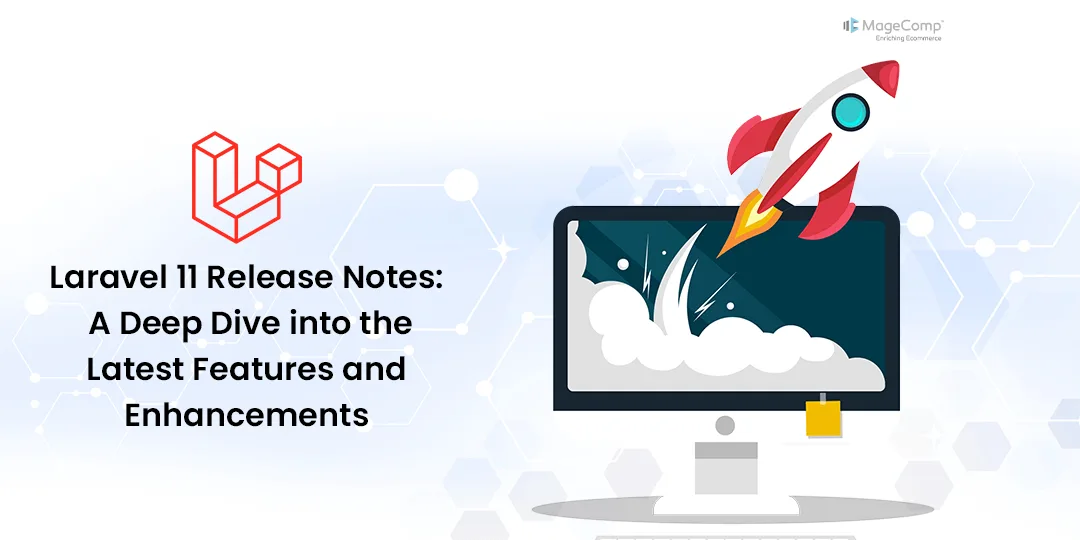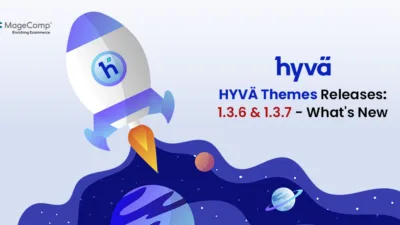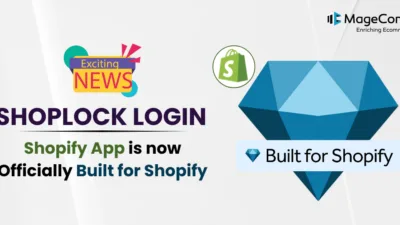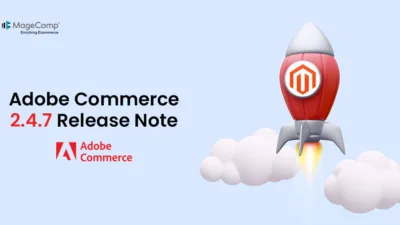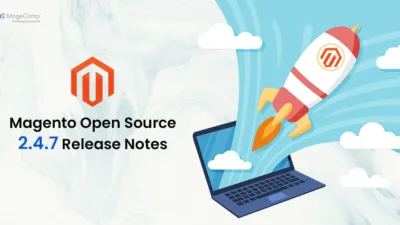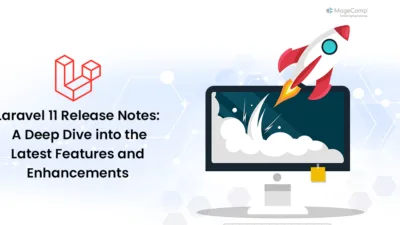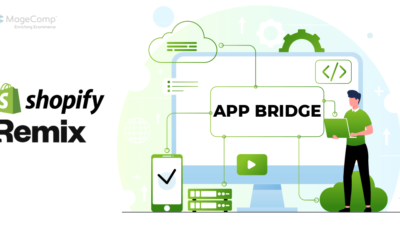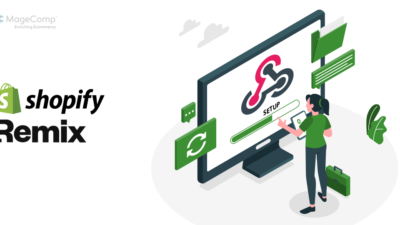The Laravel framework has been at the forefront of web development, empowering developers worldwide with its elegant syntax, robust features, and intuitive design patterns. With each new release, Laravel continues to evolve, introducing groundbreaking features and enhancements that elevate the development experience to new heights.
Laravel, the PHP framework renowned for its elegance and developer-friendly features, has once again raised the bar with its latest release, Laravel 11. Laravel 11 was released on 12th March, 2024. Packed with an array of new features, enhancements, and optimizations, Laravel 11 promises to empower developers to build even more robust and efficient applications. In this blog post, we’ll take a comprehensive look at the latest version of Laravel, version 11, exploring its most significant features and updates.
Versioning Scheme and Support Policy
Before we delve into the specifics of Laravel 11, let’s first understand the versioning scheme and support policy that govern the Laravel framework. Laravel follows Semantic Versioning, with major framework releases occurring annually, typically in the first quarter of the year. Minor and patch releases may be issued more frequently, with a commitment to never include breaking changes in these updates.
For Laravel 11, the support policy ensures bug fixes for 18 months and security fixes for 2 years following the release date. It’s essential to adhere to these guidelines to ensure the stability and security of your Laravel applications.
| Version | Release Date | Bug Fixes Until | Security Fixes Until |
| 10 | 14th February, 2023 | 6th August, 2024 | 4th February, 2025 |
| 11 | 12th March, 2024 | 3rd September, 2025 | 12th March, 2026 |
Laravel 11: Latest Features and Updates
The latest Laravel version 11 release comes with a plethora of new features and enhancements to streamline development and help developers build even more efficient and powerful applications.
PHP 8.2 Requirement
Laravel 11.x mandates a minimum PHP version of 8.2, ensuring compatibility with the latest advancements in the PHP language.
Streamlined Application Structure
One of the headline features of Laravel 11 is its streamlined application structure. Developed by Taylor Otwell and Nuno Maduro, this new structure aims to provide a leaner and more modern experience for developers while retaining familiarity with Laravel’s core concepts.
The Application Bootstrap File
The bootstrap/app.php file serves as the code-first application configuration file in Laravel 11. From this centralized location, developers can customize various aspects of their application, including routing, middleware, service providers, and exception handling.
Service Providers
In Laravel 11, the default application structure includes only a single AppServiceProvider, consolidating functionality that was previously spread across multiple service providers. Event discovery is now enabled by default, simplifying the registration of events and listeners.
Opt-in API and Broadcast Routing
The api.php and channels.php route files are no longer included by default in Laravel 11 applications. Instead, developers can opt-in to create these files using simple Artisan commands, providing greater flexibility and reducing unnecessary boilerplate.
Middleware
Previous versions of Laravel included several middleware by default. In Laravel 11, these middleware have been moved into the framework itself, eliminating redundancy and streamlining the application structure.
Scheduling
Scheduled tasks can now be defined directly in the routes/console.php file using the new Schedule facade, simplifying the management of scheduled tasks.
Exception Handling
Exception handling can now be customized directly from the bootstrap/app.php file, reducing the number of files included in a new Laravel application.
Base Controller Class
The base controller class included in new Laravel applications has been simplified, removing dependencies on internal Laravel classes and traits.
Application Defaults
New Laravel applications default to using SQLite for database storage, simplifying the setup process and enabling developers to start building their applications immediately.
Laravel Reverb
Laravel Reverb, developed by Joe Dixon, is a first-party WebSocket server that provides blazing-fast and scalable real-time communication capabilities to Laravel applications. Integrated seamlessly with Laravel’s existing event broadcasting tools, Reverb offers horizontal scaling via Redis’s publish/subscribe capabilities, ensuring optimal performance for high-demand applications.
Per-Second Rate Limiting
Laravel 11 introduces support for per-second rate limiting, allowing developers to set granular rate limits for HTTP requests and queued jobs.
Health Routing
New Laravel 11 applications include a health routing directive, defining a simple health-check endpoint that can be invoked by third-party health monitoring services or orchestration systems like Kubernetes.
New Artisan Commands
Laravel 11 introduces new Artisan commands for quickly creating classes, enums, interfaces, and traits, streamlining the development process.
Model Casts Improvements
Model casts in Laravel 11 are defined using a method instead of a property, offering a more streamlined and fluent approach to attribute casting.
The once Function
The once helper function in Laravel 11 executes a callback and caches the result in memory for the duration of the request, improving performance by avoiding redundant computations.
Improved Performance When Testing With In-Memory Databases
Laravel 11 offers significant performance improvements when using the :memory: SQLite database during testing, resulting in faster test execution times.
Improved Support for MariaDB
Laravel 11 includes improved support for MariaDB, with a dedicated driver that provides better defaults for this popular database system.
Inspecting Databases and Improved Schema Operations
Enhanced database schema operations and inspection methods in Laravel 11 provide greater flexibility and control when working with databases.
How To Install Laravel 11?
To install Laravel 11, developers can use Composer or Laravel’s command-line tool, specifying the -dev flag during installation to download the latest version.
Official Documents
For more information about the release of Laravel 11, check the official Laravel 11 Release Notes.
Conclusion
Laravel 11 represents a significant milestone in the evolution of the Laravel framework, introducing a wide range of features and enhancements that empower developers and businesses alike. Whether you’re building a simple web application or a complex enterprise solution, Laravel 11 provides the tools and resources you need to succeed in today’s competitive landscape.
Upgrade to Laravel 11 today and experience the future of web development with Laravel!


